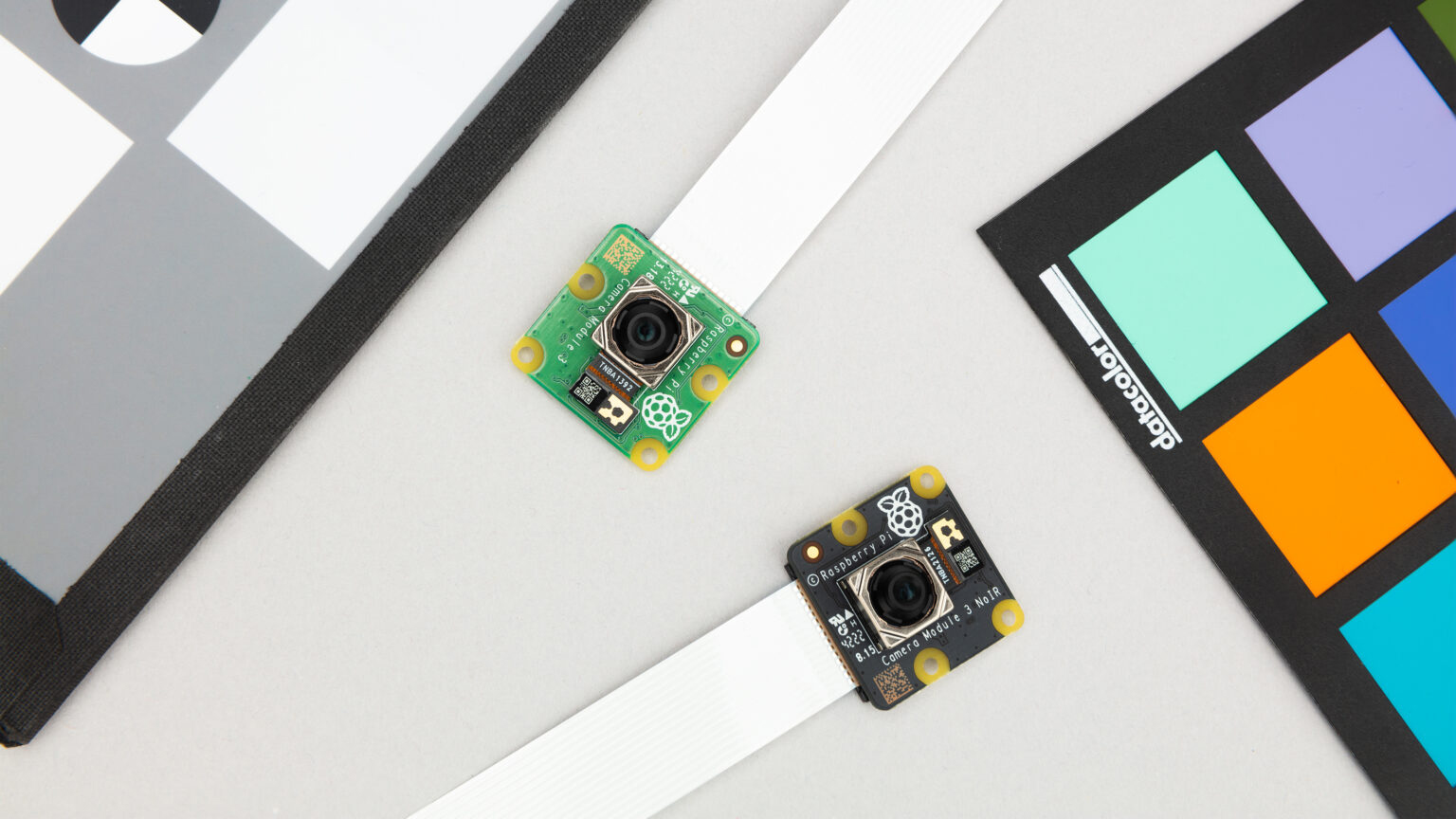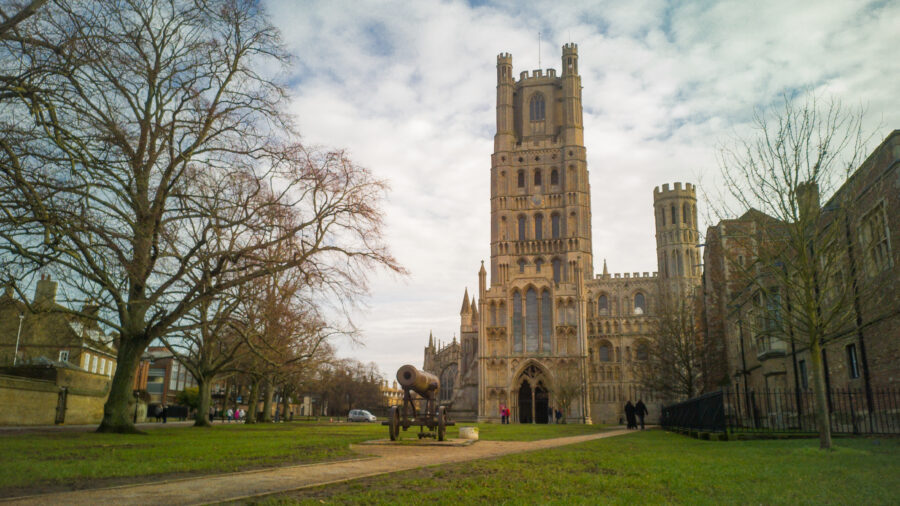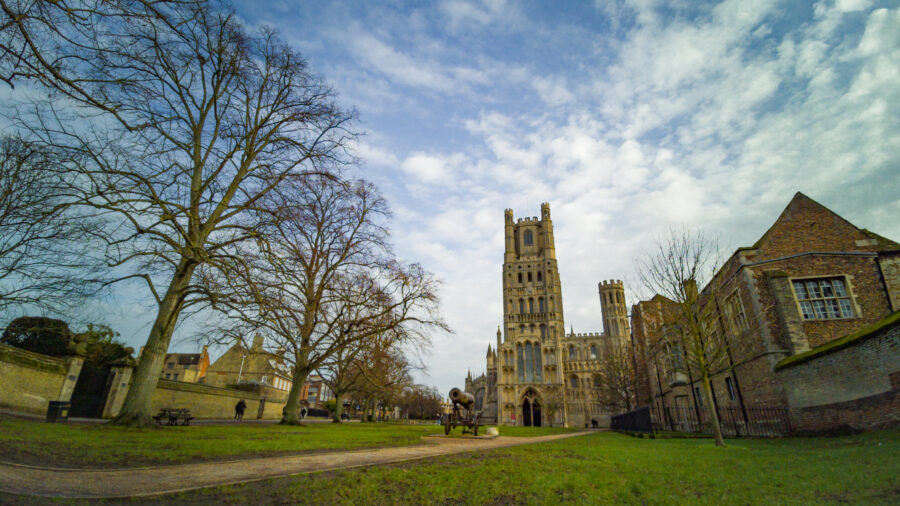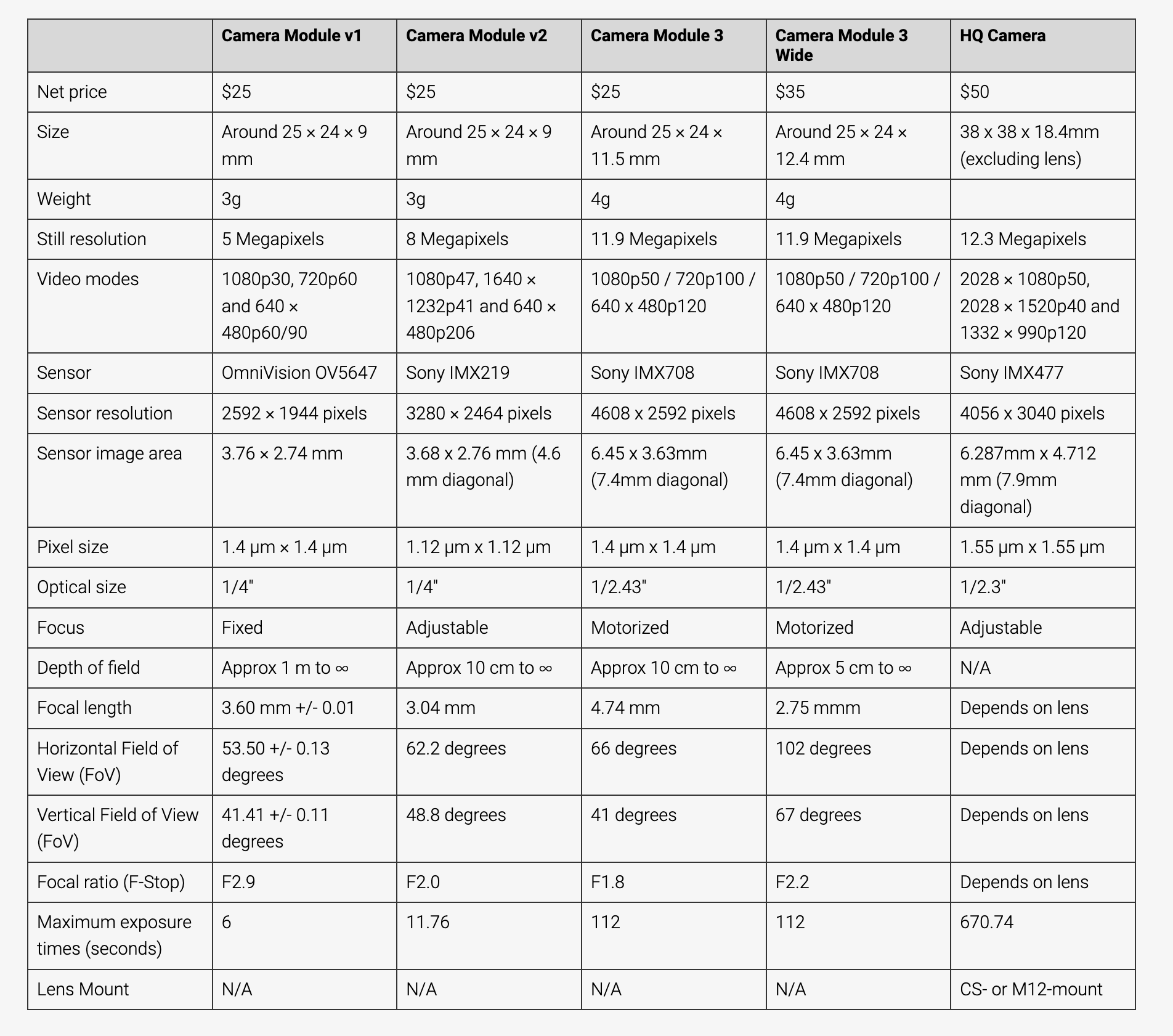Raspberry Pi's newest camera gives DIY shooters brilliant new tools to play with
Raspberry Pi has announced the new Camera Module 3 with 12MP resolution, HDR, autofocus and more!

The best camera deals, reviews, product advice, and unmissable photography news, direct to your inbox!
You are now subscribed
Your newsletter sign-up was successful
Raspberry Pi is known for its simple, accessible and upgradable boards and components for budding DIY PC builders. After the huge success of its previous camera modules, Raspberry Pi has just announced a brand new and upgraded camera module for its range of self-built computers – and it brings with it some exciting new features.
The new camera module uses a 12MP (4608 x 2592) Sony IMX708 sensor, which is back-side illuminated (BSI) for more sensitivity in low light conditions, and enables the camera to support high dynamic range (HDR) imaging. The module supports autofocus, too, which is a first for Raspberry Pi – all of which is a huge step up from the previous 8MP camera sensor with fixed focus found in Camera Module 2.
Camera Module 3 has two different options for field of view (FOV), which is basically how much of a scene the camera can see. The first version of Camera Module 3 has a 66° horizontal FOV, which is equivalent to a 29mm focal length, with the wider option having a 102° horizontal FOV equivalent to 17mm.


The camera can focus from 50mm to infinity on the Camera Module 3 Wide, and from 100mm on the standard Camera Module 3. The autofocus has been designed in a way that the lens moves back and forward from the sensor during focusing using a voice-coil actuator, similar to how camera phones and even larger lenses focus.
The camera is capable of phase detection autofocus as well as contrast detection autofocus; by default it uses the center of the center for focus, but this could be adapted with software. The below video provides more detail about the autofocus in the latest camera module:
Watch video: Raspberry Pi Camera Module 3 autofocus
Camera Module 3 offers a number of video recording options, including 1080/50p, 720/100p and 480/120p. However, the nature of Raspberry Pi products is that their full potential is usually found by users – and DPReview reports that, in the past, budding PC modders have achieved even higher fram- rates with previous Raspberry Pi modules.
The best camera deals, reviews, product advice, and unmissable photography news, direct to your inbox!
Similar to the previous generation of Camera Modules, there is also a NoIR infrared-sensitive variant for those looking to use it for specialist applications. You can find a full breakdown of the specs for the new Camera Module 3 (and comparisons to the previous versions) below.
The Camera Module 3 (both standard and NoIR versions) will cost for $25 / £25 (Australian pricing TBC), while the Camera Module 3 Wide will cost an additional $10 due to a more complicated lens array, coming in at $35 / £35. Full board and connection compatibility can be found in Raspberry Pi's documentation.
You can read more on cameras for use with your computer in our guides for the best webcam for home working, the best cameras for streaming, and the best budget webcam.

Gareth is a photographer based in London, working as a freelance photographer and videographer for the past several years, having the privilege to shoot for some household names. With work focusing on fashion, portrait and lifestyle content creation, he has developed a range of skills covering everything from editorial shoots to social media videos. Outside of work, he has a personal passion for travel and nature photography, with a devotion to sustainability and environmental causes.


